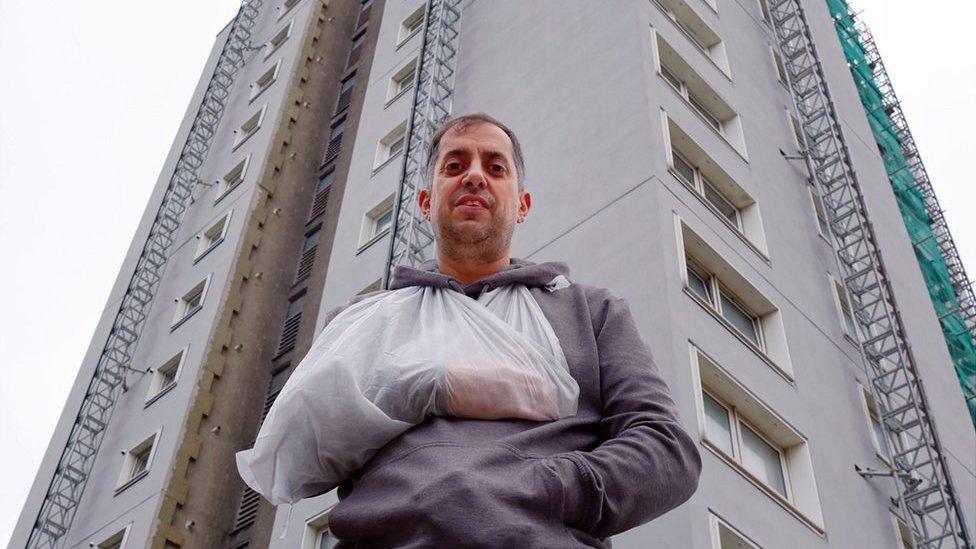Thurrock Council proposes 9.99% tax increase and budget cuts
- Published
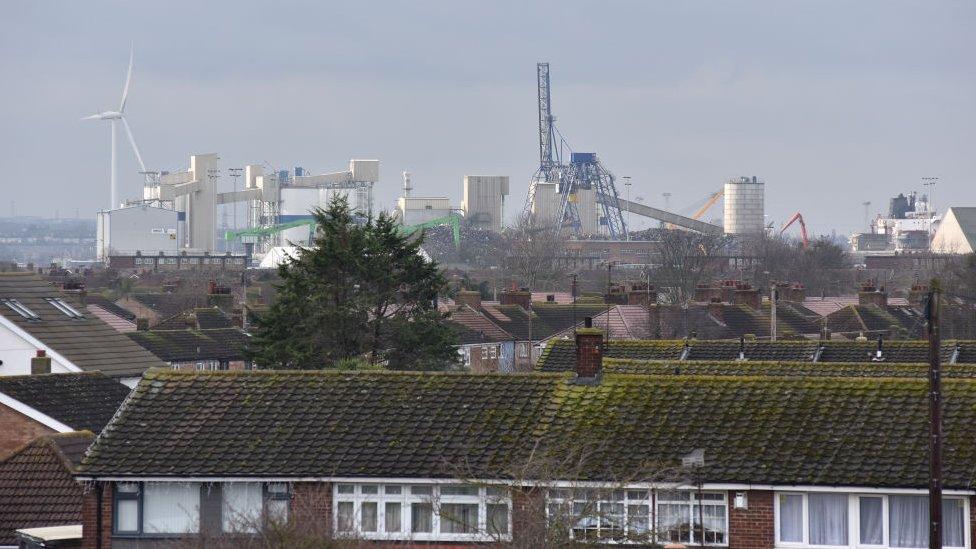
The average Band D property homeowner in the area would pay £1,585.17 in council tax next year
A council that is effectively bankrupt has proposed a series of cost-cutting measures and a significant tax increase for residents of 9.99%
Thurrock Council in Essex, which has debts of about £1.5bn, has published its proposed budget for 2023-24, external.
The Conservative-run administration plans to reduce street cleaning, end non-statutory youth work and withdraw subsidy for three bus routes.
Council leader Mark Coxshall said it had made "tough decisions".
"This reflects the seriousness of our position," said Mr Coxshall, who claimed the proposed new tax rates would still be cheaper than local authorities of a similar size.
"I have no doubt that this is the right thing to do if we are to recover from our financial position and put our budget on a sustainable footing."
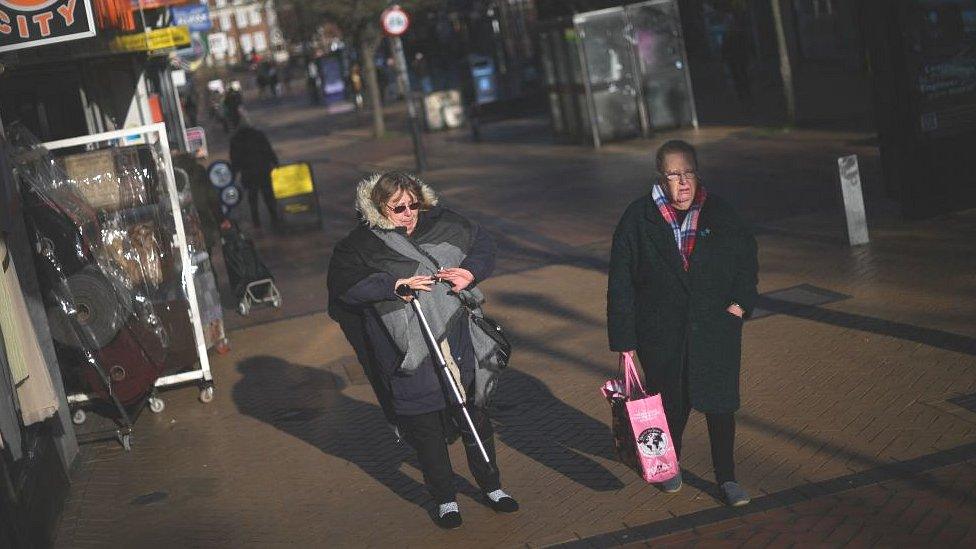
The council, based in Grays (pictured), has suggested saving £455,000 by removing subsidy for three bus routes
The tax rise would mean the average Band D homeowner in Thurrock would pay £1,585.17 per year, up from £1,441.26.
Mr Coxshall said there was a hardship fund for "those who might struggle" with the increase.
The council hopes to make these savings by making several cuts to services:
£2m - on vacancy factors, where savings are made from job vacancies not being filled over the next year
£455,000 - withdrawing bus subsidy payments for three routes
£264,000 - reviewing street lighting and dimming lights accordingly between 00:00 and 05:00
£250,000 - charges for domiciliary care for some users
£150,000 - increasing trade waste service charging and new charges for commercial food waste
£126,000 - partly by ending youth work that is not essential/mandated by government
£116,000 - reducing street cleaning, grass verge cutting and the "clean and green" operation
£30,000 - banning vans from household waste recycling centres to stop commercial waste from being tipped
Thurrock Council is in debt following a series of high-risk investments and says it is facing losses of £162.5m next year.
It borrowed hundreds of millions, mainly from other councils, to invest largely in financial bonds linked to solar energy farms.
The former chief finance officer Sean Clark, who was warned about "unprecedented" risks in 2018, has resigned.
The government intervened and appointed neighbouring Essex County Council as commissioner to oversee financial decisions.
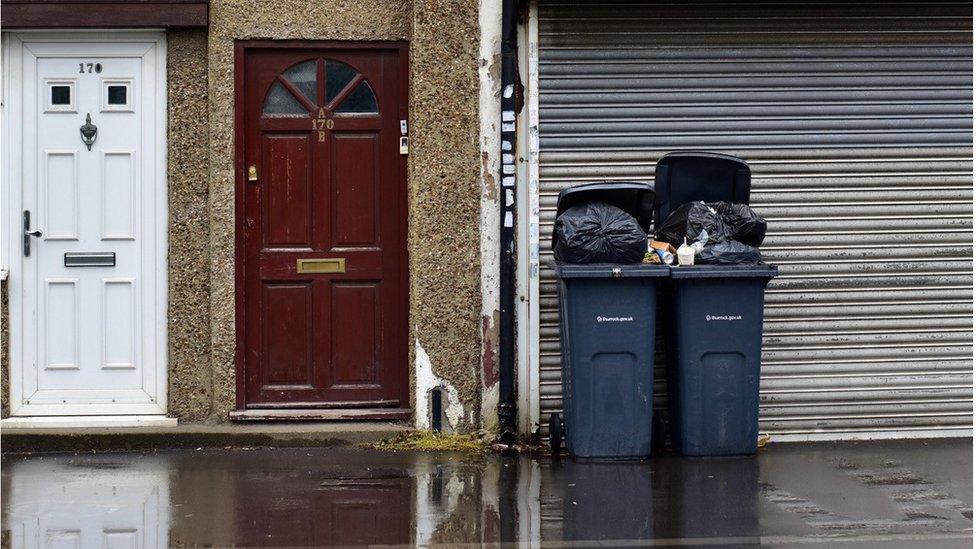
The council proposes reduced street cleaning in Thurrock, including in Tilbury (pictured)
Thurrock was given exceptional permission from government to increase its share of council tax by 9.99% and the budget proposals rely on £180m in bailout support being granted from Westminster for next year.
John Kent, the leader of the council Labour opposition, said a 9.99% increase would be a "slap in the face to residents" and that his group would not support anything above 5% without a "local referendum".
"The impact of the Tories bankrupting our council is becoming clear - we will all be paying much more and getting much less in return for years to come," he said.
The Conservative cabinet councillors will vote on the budget on Wednesday and it will need rubber stamping at a full council meeting on 1 March.

Find BBC News: East of England on Facebook, external, Instagram, external and Twitter, external. If you have a story suggestion email eastofenglandnews@bbc.co.uk, external
Related topics
- Published14 February 2023

- Published8 February 2023
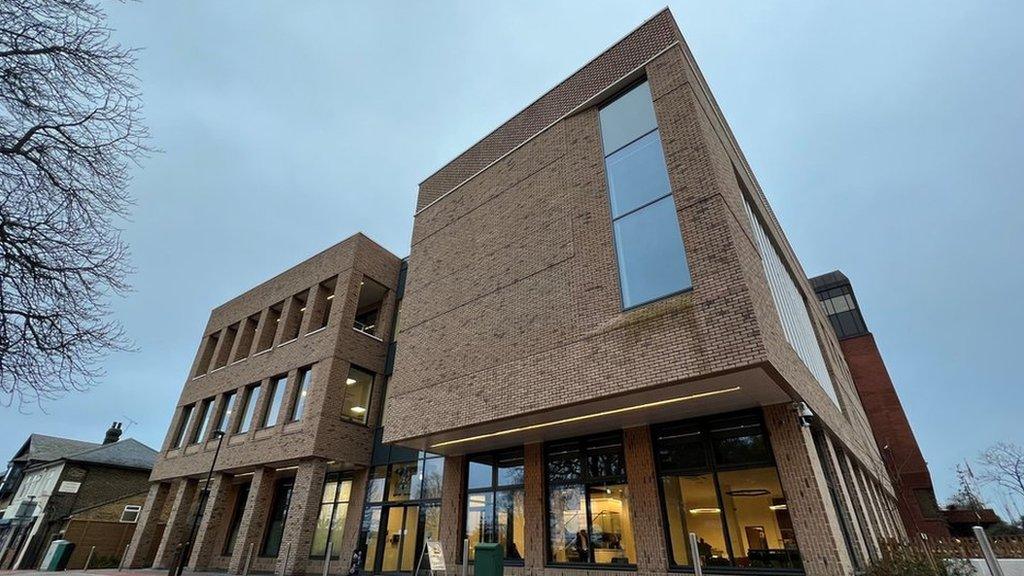
- Published26 January 2023
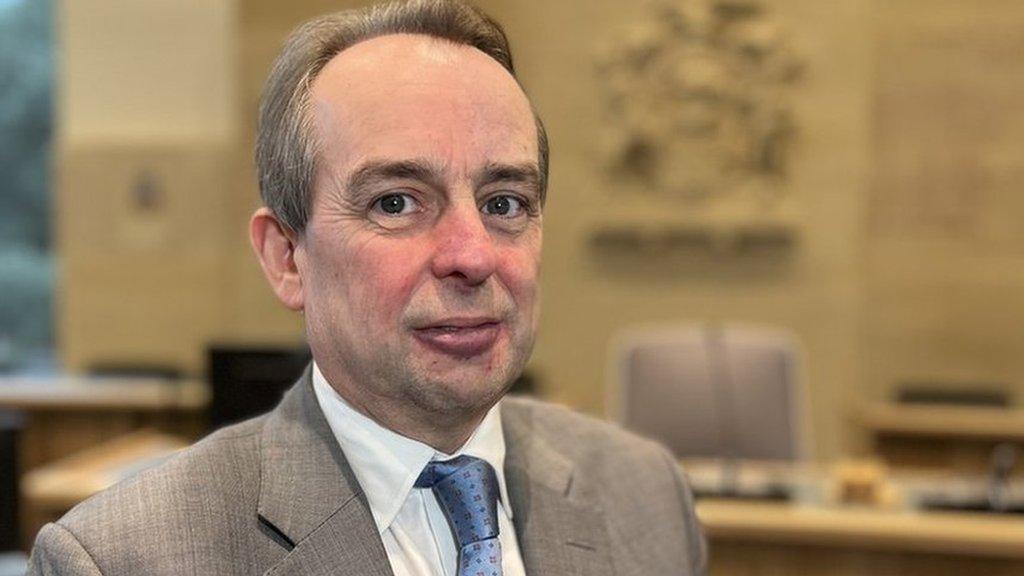
- Published30 November 2022
